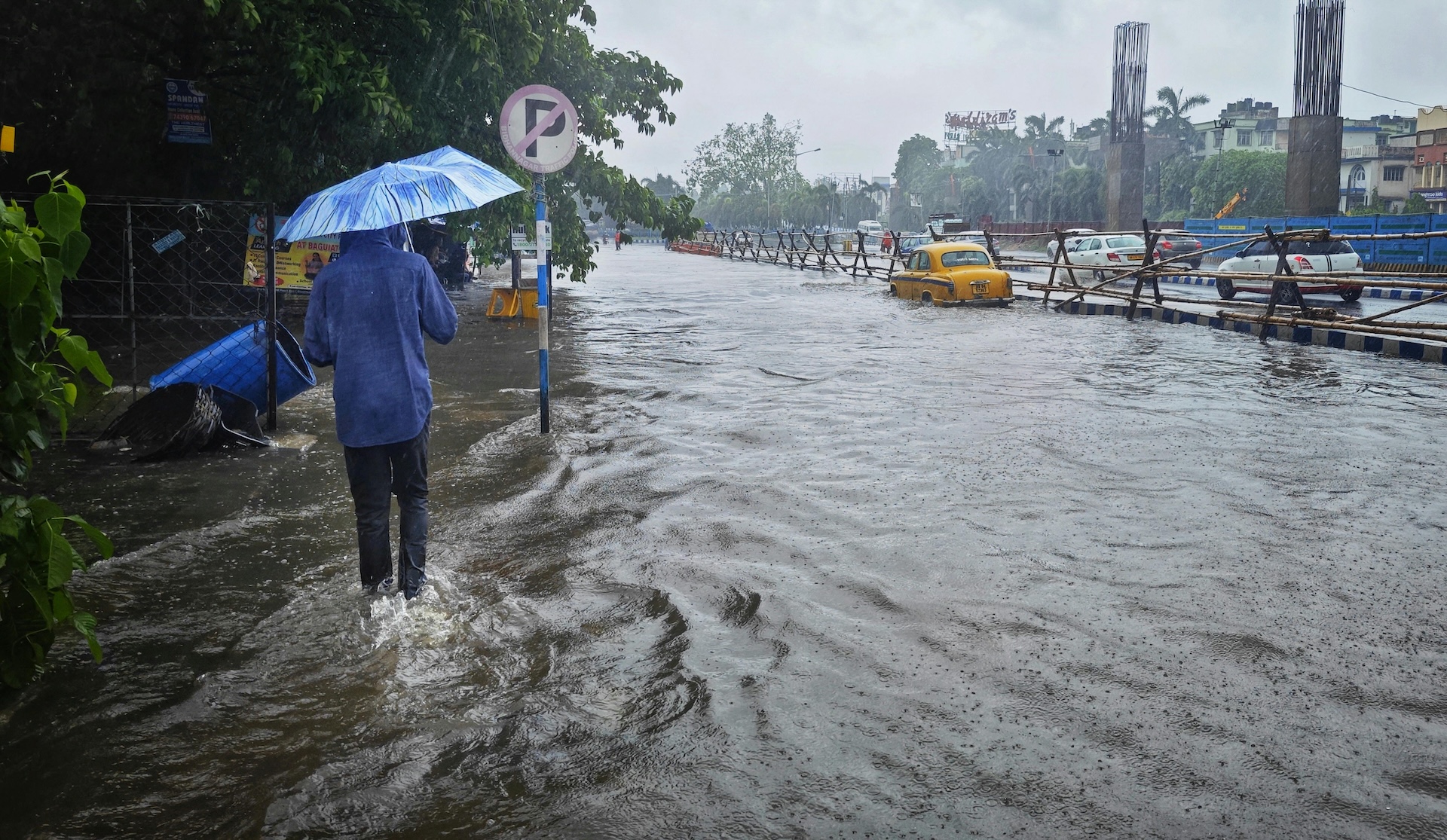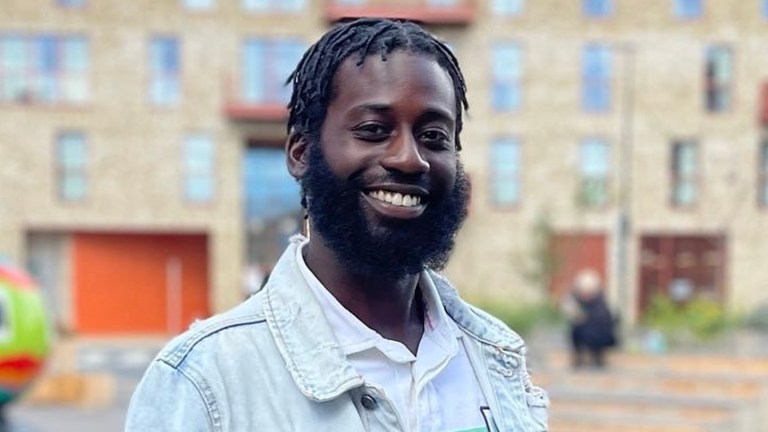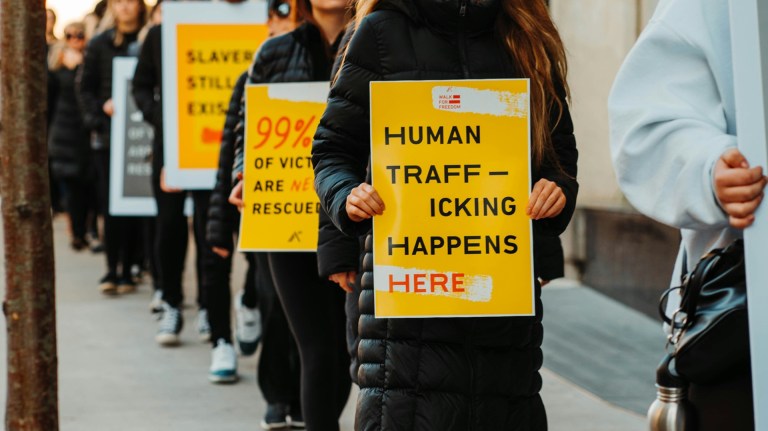As Storm Bert swept across the UK last month, rain lashed relentlessly against the houses and a river of mud and debris thundered through the streets of Cwmtillery in Blaenau Gwent, Wales. Residents were evacuated as torrential rains from the storm caused a coal tip landslide to hurtle towards the village. People’s homes were flooded with contaminated water and left coated in mud.
One of the local organisations impacted was Pentref Tyleri, a social enterprise working on community-led nature regeneration projects, which recently entered into a partnership with Friends of the Earth and the Co-operative Bank as part of their nationwide Postcode Gardeners programme.
In the aftermath of Storm Bert, the entire village has pulled together for the clean-up operation. Ralph Connor, co-founder of Pentref Tyleri, said: “On the night of the landslide, we were all working together to try to minimise damage and prevent more water coming down, shovelling earth, carrying heavy stones, and redirecting the flood water. Every single mud-covered person was there because we have a collective responsibility and a community worth saving.”
- Why climate activists went undercover to show COP29 chief putting future of our planet up for sale
- Spain’s deadly floods prove climate change is no longer a distant threat
As the climate crisis intensifies, extreme weather events like storms, flooding and heatwaves are becoming increasingly frequent and severe. Storms are given names in the UK when they reach a level that has the potential to cause significant disruption, requiring amber or even red weather alerts. Storm Bert is one of four named storms to hit the UK since the beginning of the season in September.
Globally, we’ve seen deadly recent flooding across Europe, wildfires in Canada and scorching heatwaves in South and Southeast Asia following the world’s hottest summer. According to scientists, it’s now ‘virtually certain’ that 2024 will be the hottest year on record.
It comes as climate denier Donald Trump was re-elected to the White House and last month’s UN climate talks (COP29) in Baku ended in disappointment and dismay over the lack of investment to support developing countries adapt and transition to greener economies.










